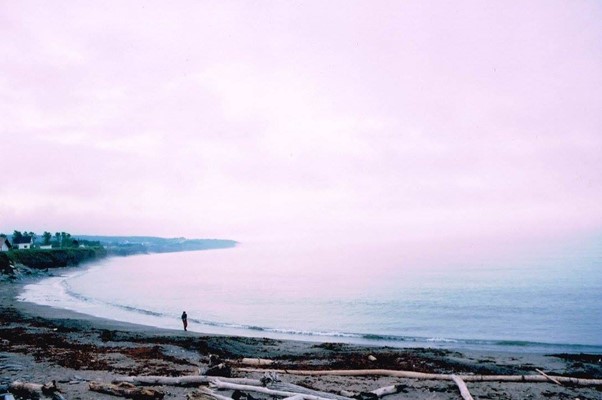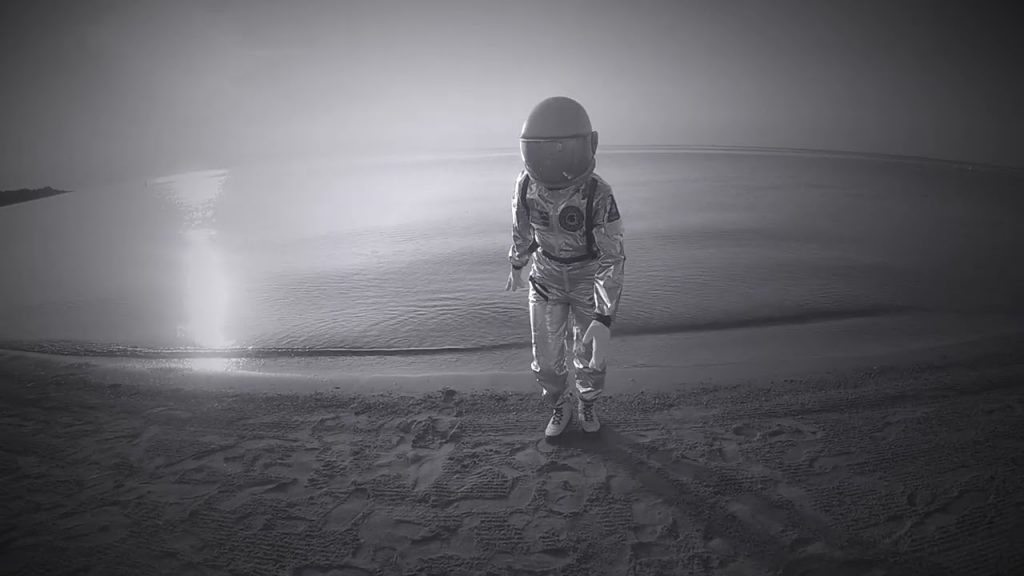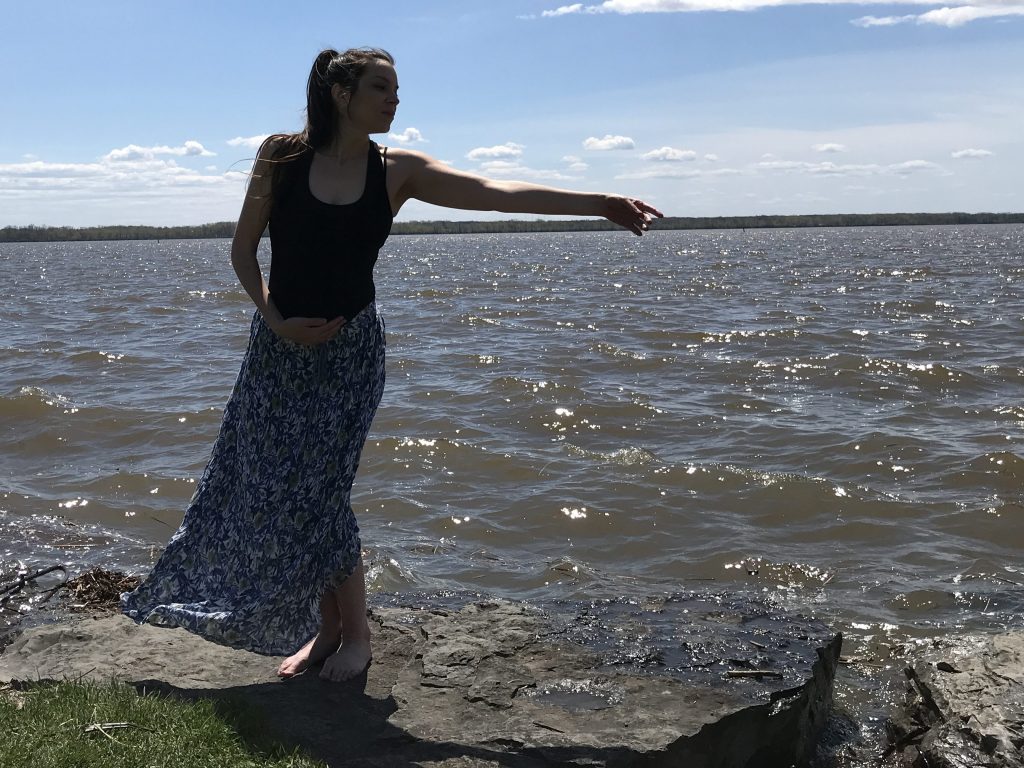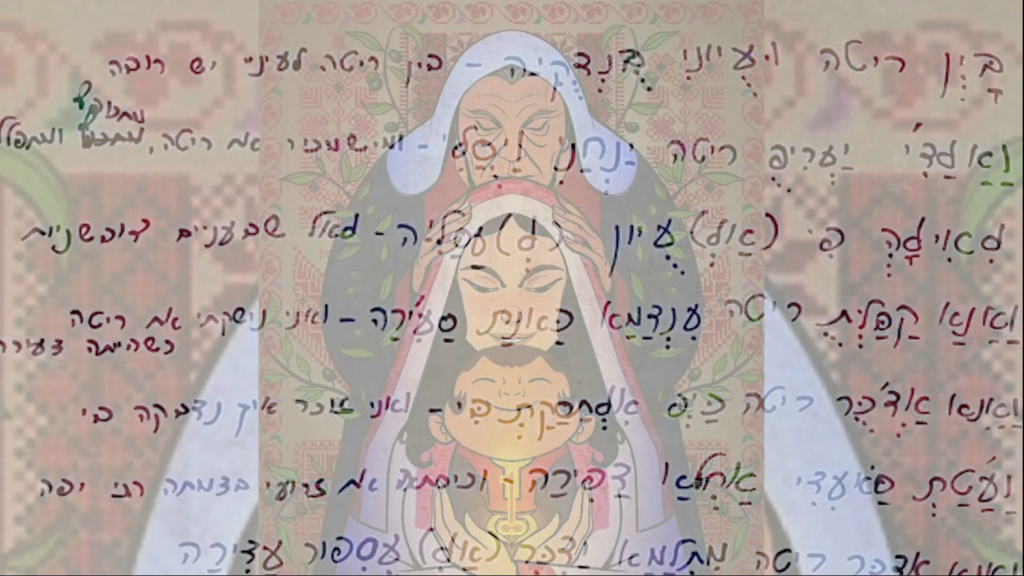Curated by Jordana Cox
About “Just Meetings”
The theme of “Just Meetings” speaks to the origins of TheatreAgora.ca, as well as its raison d’être. The site began out of necessity during Covid-19 lockdowns. SQET and CATR conference committees, unable to convene in-person gatherings, scrambled to design a virtual venue. What began however, as a temporary fix – just a place to meet while in-person gatherings were on-hold – presented new opportunities for our theatre research. As the site took shape, contributors from both organizations wondered about its other possibilities, as a more durable, online hub that could facilitate all kinds of gatherings that were more accessible, more sustainable, and perhaps, more just.
Representatives from SQET and CATR formed a TheatreAgora.ca committee. Our standing meetings covered the logistics of conference planning but also big-picture questions about how theatre people share ideas across linguistic, geographic, cultural and economic divides. We consulted with translators and interpreters, designers and web developers, organizational consultants and equity specialists to develop just and equitable approaches to meeting.
These commissions represent an extension of that inquiry. Using a Canada Council for the Arts Digital Generator Stream 2 grant, secured by Katrina Dunn and Nicole Nolette, we have funded four works-in-progress. Our call for proposals, circulated last winter, invited scholars, artists, and cultural workers to reflect on “just meetings” broadly conceived as encounters between people, animals, and things. I am delighted to share the results, which enact TheatreAgora.ca’s commitment to spanning languages, mediums, and perspectives.
In Jane Doe: Counter Memory Against the Silence, Sorouja Moll reflects on encounters with women and girls whose names are absent from official histories. In her multimedia installation, an astronaut emerges from Lake Ontario, rides the TTC, and walks through Toronto streets. Passersby look on with curiosity; others studiously avoid eye contact. The astronaut is present but unknowable – with a name, in Moll’s voiceover, that “[…] slipped from the grip of a moon’s gravity.”
In Zeno’s Paradox: A Docu-Animation Film on the Israel-Palestine Conflict, Danny Atari and Daniella Vinitski Mooney offer glimpses of a meeting they convened between Canadian Palestinians, Israelis, Jews, and Muslims with connections to the land. Interspersed with video footage is Atari’s animation and a multilingual reading of Mahmoud Darwish’s poem, Rita and the Rifle, spoken in Arabic, Hebrew, and English voice-over. Darwish’s narrator finds a rifle between his eyes and his beloved; so too, Atari and Vinitski Mooney create a “third space” to ask, what kinds of relations are possible amid cycles of catastrophic violence?
In Seaside notes from the Rock waltz étude, Christine Mazumdar stages lyrical encounters with the natural world. The work is excerpted from Seaside Words for the Disappearing Girl, a poetry anthology that Mazumdar created, in isolation, while caring for her mother at the height of the COVID-19 pandemic. Mazumdar dances on a rocky shoreline, “water touchant mes feet,” between absence and presence, memory and loss.
Water is also a resource for meeting and meaning in “Et si aujourd’hui j’avais le pouvoir d’un fleuve de mots” : imaginaires, structures et influences du fleuve et de l’eau dans la dramaturgie québécoise.” In this essay, Lorie Ganley, Pierre-Olivier Gaumond, Enzo Giacomazzi and Nicole Nolette recount a meeting they convened as co-directors of the SQET Theory and Criticism axis, focusing on contemporary Quebec drama. Reflecting on works by Rébecca Déraspe, Marianne Dansereau, and Dave Jenniss, they trace the ebbs and flows of the St. Lawrence River. Ganley, et al. honor the centrality of the river in Quebec’s identity, while acknowledging the “imbalances and inequalities” it carries in with it. They conceive of the river as inviting Quebec’s writers to reconnect with the waters around them, working together as they might to “launch a canoe.”
Jordana Cox
Curator
Just Meetings

Au cours de l’année 2023-2024, les quatre coresponsables de l’axe Théorie et critique de la Société québécoise d’études théâtrales (SQET), Lorie Ganley, Pierre-Olivier Gaumond, Enzo Giacomazzi et Nicole Nolette, ont entamé une réflexion collective sur nos façons de raconter, de nommer et de définir la dramaturgie québécoise, en s’inspirant du Lexique du drame moderne et contemporain dirigé par Jean-Pierre Sarrazac (2005). Dans une volonté de proposer plusieurs chantiers de réflexion ouverts sur les formes et les motifs de la dramaturgie québécoise, le premier s’est concentré autour du motif du fleuve et des eaux dans les textes dramatiques québécois. Le 18 avril 2024, une conférence-discussion eut lieu au Centre des auteurs dramatiques (CEAD) à Montréal, où les chercheur·euses purent réfléchir et échanger avec trois auteur·trices qui manifestent un imaginaire du fleuve Saint-Laurent dans leurs pratiques d’écriture, soit Rébecca Déraspe (Les filles du Saint-Laurent, Les glaces), Marianne Dansereau (Désormais je menstruerai drette dans le fleuve) et Dave Jenniss (Nmihtaqs Sqotewamqol / La cendre de ses os). Ce texte en propose une traversée.

The objective of Jane Doe: Counter Memory Against the Silence project explores, across iterations, how unidentified women and girls (who are identified as “Jane Doe”) are remembered and acknowledged using media activism (Stillman, 2007), rememory (Morrison, 1987), and spatiotemporal translingualism in liminal spaces (Canagarajah, 2018; Schneider 2011, 2017, 2018). The battle between remembering and forgetting is located in the discursive anonymity of “Jane Doe,” a bureaucratic pseudonym which is often entrenched in violence, fear, and shame, and thus individual stories are disavowed and rendered insignificant. The aim of this work is to vitalize disenfranchised beings in the public imagination by activating epistemologies, ontologies, and axiologies of lived lives and refusing social memorylessness and gender-based violence by opening portals for a gathering of remembrance, a meeting place for meditation, and
a knowing that is invested in change.

The Rock waltz étude provides excerpts from a much larger anthology called Seaside Words for the Disappearing Girl, which explores performances in nature during the final three years of my mother’s life while acting as one of her caregivers. During the height of the COVID-19 pandemic, we lived in isolation in an effort to protect my mother’s immune system. Performing with her, for her in our most cherished outdoor spaces— in her garden, by the river, on the rocks—I questioned what it is to perform in deepened connection with absences and presences.

An anti-war anti-occupation documentary and animation short on hope of equal human rights in Israel and Palestine, in a gathering between those from the region and in the diaspora. Inspired by a reading of Mahmoud Darwish’s Rita and the Rifle.
